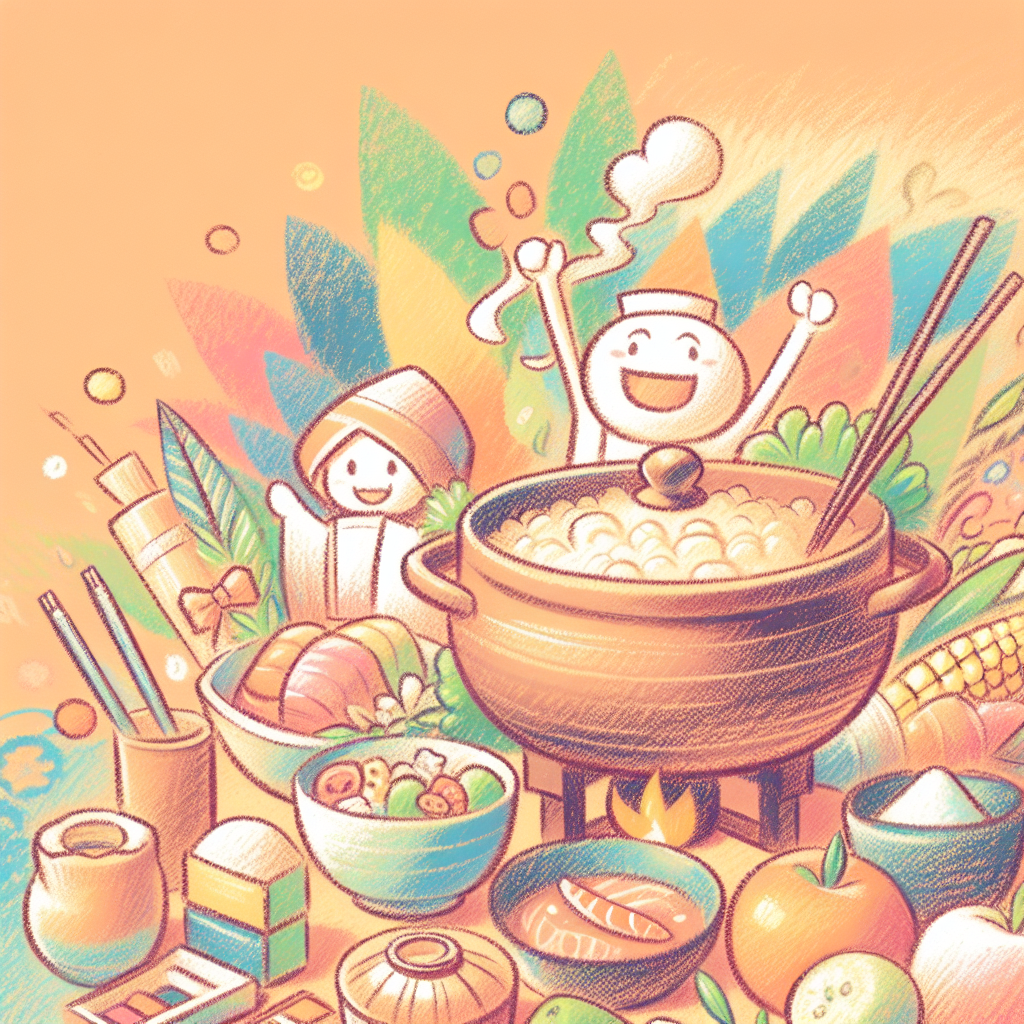Bridging Tradition and Modernity: Winning Marketing Strategies for Japanese Consumers
The Intersection of Tradition and Modernity: Marketing Strategies for Japan's Consumers Japan, a nation steeped in rich history and vibrant culture, seamlessly blends traditional values with modern needs. For businesses aiming to connect with Japanese consumers, it’s crucial to develop strategies that honor both aspects. This article delves into the unique characteristics of Japan’s consumer market and explores effective marketing approaches. Understanding Consumer Characteristics Consumers in Japan exhibit distinct values shaped by a unique cultural backdrop. First and foremost, they are quality-oriented. This trait manifests in the emphasis not only on the technical excellence and durability of products but also on their design and aesthetic appeal. As a result, consumers…








